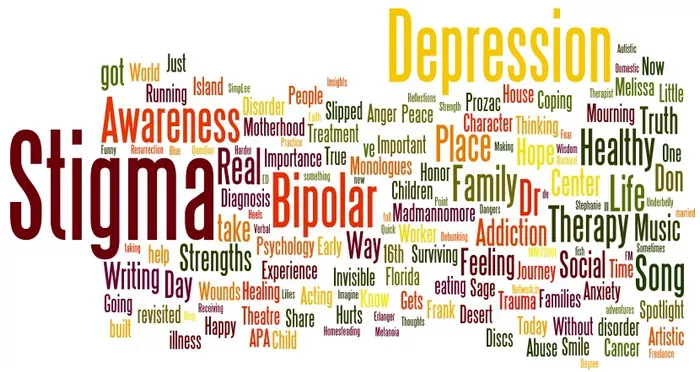A new study published in PLOS One on March 19, 2025, suggests that night owls—individuals with an evening chronotype who tend to stay up late—are at a higher risk for depression due to factors such as sleep quality, mindfulness, and alcohol consumption. The research, led by Simon Evans from the University of Surrey, UK, explores why late risers may be more vulnerable to depressive symptoms compared to early risers (morning chronotypes).
Background
Previous studies have pointed to a link between evening chronotypes and increased symptoms of depression. However, the underlying factors contributing to this connection were not well understood. This study aims to shed light on how sleep patterns, alcohol consumption, and mindfulness contribute to the heightened depression risk in night owls.
The research focused on a sample of 546 university students and used an online questionnaire to gather self-reported data on sleep habits, mindfulness, rumination tendencies, alcohol use, and mental health status, including depression and anxiety levels.
Study Findings
The findings of the study confirmed that evening chronotypes were indeed at a significantly higher risk for depression. Key factors that appeared to explain this association included:
Poorer Sleep Quality: On average, evening chronotypes reported worse sleep quality than morning chronotypes. Poor sleep quality has long been associated with depression, and this study supports the notion that inadequate rest may exacerbate mental health issues.
Higher Alcohol Consumption: Evening chronotypes also tended to consume more alcohol. Excessive alcohol use has been linked to depressive symptoms, potentially acting as both a cause and consequence of mental health struggles.
Lower Mindfulness: The study found that people with evening chronotypes exhibited less mindfulness compared to their morning counterparts. Mindfulness, or the ability to stay present and aware, has been shown to reduce rumination and improve emotional regulation, suggesting that lower mindfulness could contribute to higher depression risk.
Limitations and Conclusions
While the study provides valuable insights, it does have limitations. The cross-sectional design of the study means that it cannot establish a cause-and-effect relationship between evening chronotype and depression. Additionally, since the study focused on university students, the findings may not be generalizable to other age groups.
Despite these limitations, the authors suggest that interventions aimed at improving mindfulness, enhancing sleep quality, and reducing alcohol consumption could be beneficial for reducing depression risk, particularly among young adults. Future research, ideally longitudinal in nature, could further explore how these factors interact and influence mental health over time.
In conclusion, this study highlights the potential importance of lifestyle changes for individuals with evening chronotypes in order to mitigate depression risk.
You Might Be Interested In:
-
Alzheimer’s-Modifying Drug Lecanemab’s Effectiveness May Vary Between Genders
-
Probiotic Drink Kefir Shows Promise in Preventing Alzheimer’s
-
Older Adults May Have Stronger Immunity to Bird Flu, Penn Study Finds

